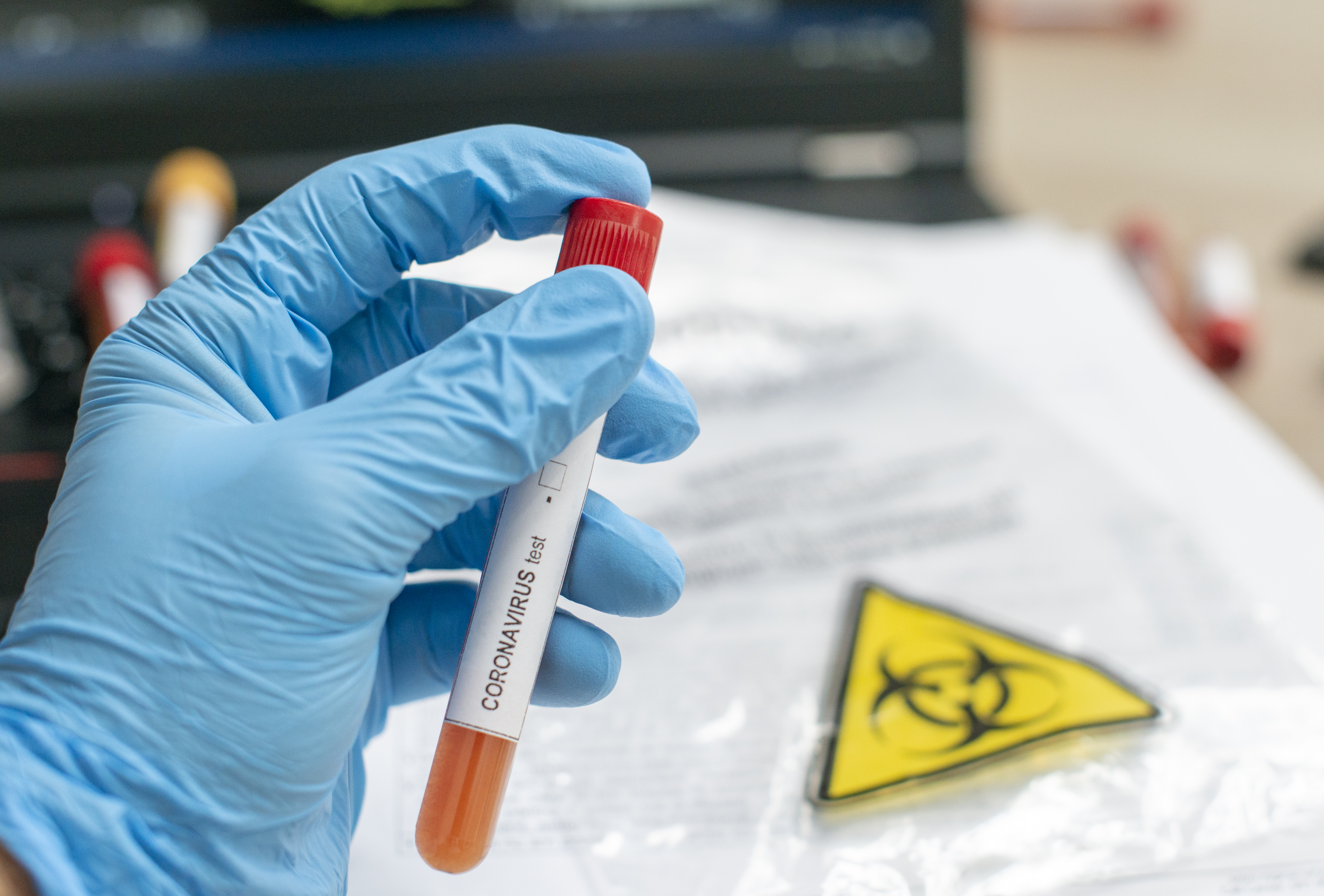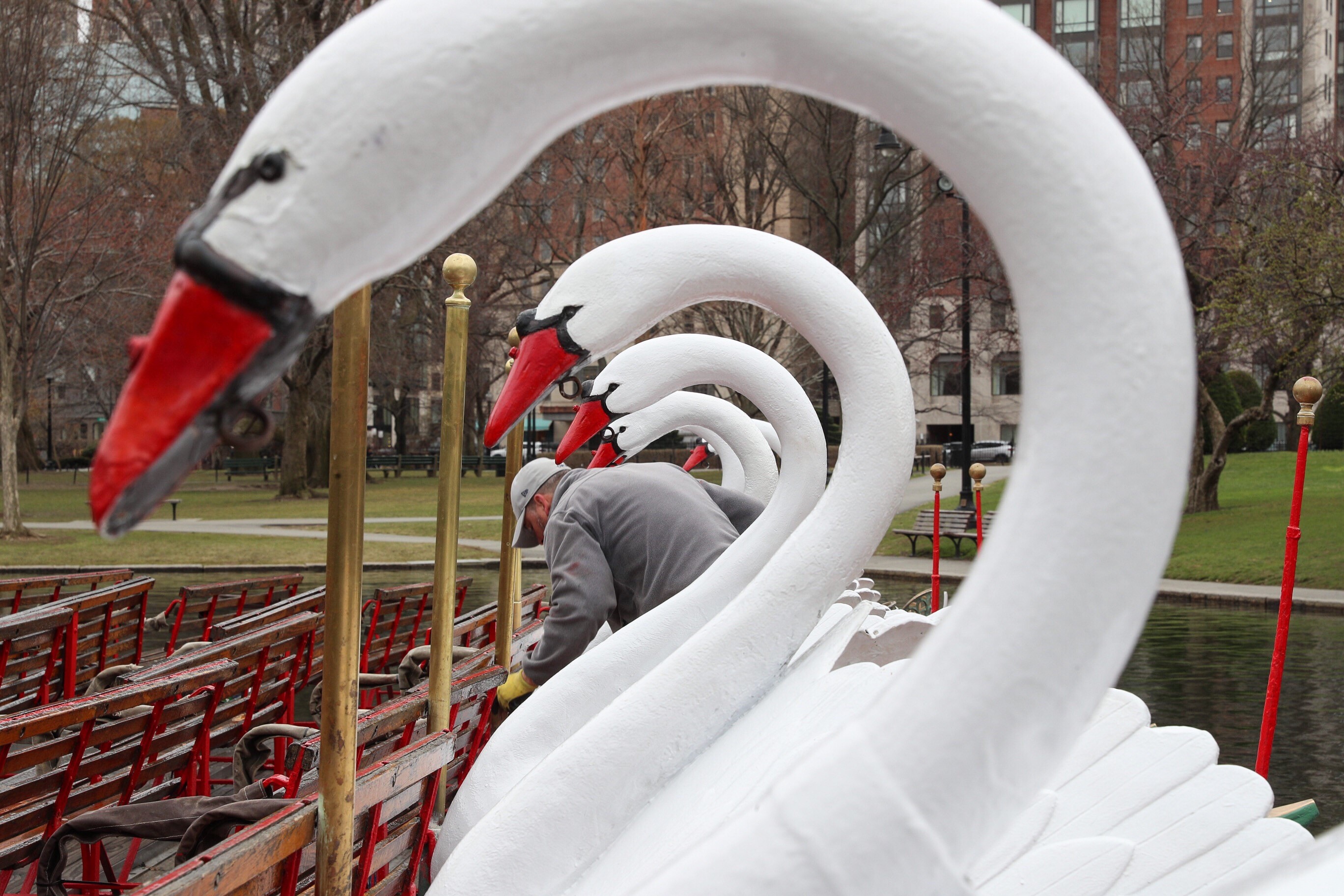At his regular coronavirus update Thursday, Boston Mayor Marty Walsh said that city is investing more money to address the disproportionately high impact of the virus on the city's Latinx community.
He said the city was directing $400,000 to expand outreach and testing in the community, noting that, while it makes up 20% of Boston's population, 28% of the people who've been affected are Latinx.
"We're working every day to build our strategy to address systemic inequalities," Walsh said. "That work makes our whole response stronger, because any outbreak that occurs ultimately impacts everyone."
Get Boston local news, weather forecasts, lifestyle and entertainment stories to your inbox. Sign up for NBC Boston’s newsletters.
The funding is coming in the form of a grant from the Boston Resiliency Fund, which Walsh defended from criticism he'd heard a city councilor make on the radio Thursday.
While Walsh didn't name the official, he said they had called the fund ineffective.
"We've distributed over $24 million," he said, adding that 53% has "gone to businesses and industries of color. What we've been able to do with that money, quite honestly, is put food on people's table so they don't go hungry."
Walsh said that anyone who criticizes the fund, which is all pulled from donations, should better research what it does, not "Monday morning quarterback on a radio show."
The city councilor was Michelle Wu, speaking to WGBH. She'd been asked about her criticism of the city's Racial Equity Fund, but added the Boston Resiliency Fund in her answer about how government should focus on structural change, not fundraising.
"Whenever we are in a position where the mayor of Boston and the official platform of City Hall is soliciting money from donors, corporations, and then deciding which nonprofits get it in our city, that just creates a very disruptive and dangerous dynamic," she said.
The $400,000 from the resiliency fund earmarked for outreach and testing in Boston's Latinx community will go to the Greater Boston Latino Network, East Boston Neighborhood Health Center and Whittier Street Health Center, according to Walsh, who said it made sense to reach out through partners already active in the community.
The city's Health Inequities Task noticed early on that demographic data on coronavirus in Boston wasn't matching up with what families were saying, said Rev. Sam Acevedo, a Roxbury pastor and member of the group.
"Many families reported having symptoms of COVID-19 but were afraid of getting tested because of their status," he said, adding that many Latinos continued to work and noted that Massachusetts Latino population already had the largest economic disparity in the nation.
"For many families who don't speak English, it can be bewildering to navigate COVID-19," Acevedo said.
Earlier Thursday, Walsh announced an expansion of his Summer Youth Jobs program: an internship that pays young people for taking college-level courses at four local colleges as well as a guide on worker's rights put together by the office of Massachusetts' attorney general, Maura Healey.
"We want young people to come away with a lasting impact - whether that's coursework that unlocks new career paths, or the ability to protect themselves long-term from potential abuses in the workplace," Walsh said in a statement, which noted the funding came from the resiliency fund.
At his last news briefing on the virus, the mayor warned against a second coronavirus outbreak as many other places around the country contended with new flare-ups.
The U.S. "is in the worst place it's ever been in dealing with the pandemic," Walsh said at the Tuesday event.
Massachusetts has so far avoided a recurrence of its coronavirus surge -- most of its key metrics are down about 90% from mid-April -- but Walsh warned that vigilance is still needed to prevent it from happening again.
"Here in Boston and Massachusetts, we need to do everything we can to avoid going down that same path that many of these states and other cities in America are going down," the mayor said.
The city joined most of the rest of Massachusetts in Phase 3 of the state's reopening plan this week.
Gov. Charlie Baker echoed that message at his regular coronavirus news conference Wednesday.
"This is no time to let down our guard," he said.



